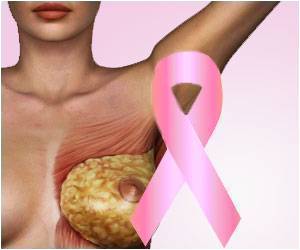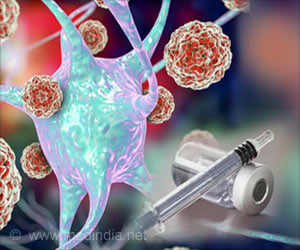
‘MRI showed larger tumor size and greater extent of disease than mammography or ultrasound in women with postpartum breast cancer.’
Tweet it Now
The study included 53 women, nine of whom presented during pregnancy and 44 during the first year postpartum. The sensitivity rate of MRI was 98%, or 52 of the 53 patients.The authors said the study markedly expands on the current literature regarding breast MRI for patients with pregnancy-associated breast cancer. Although the study covered only 53 patients, the authors said it is to their knowledge the largest series of breast MRI examinations performed in the setting of pregnancy-associated breast cancer, showing that further research is warranted.
"Preoperative planning is especially important for patients with pregnancy-associated breast cancer because of the often aggressive nature of these cancers," the study said. "In contrast to the previous assumption that breast MRI would be of limited utility in this population, we found that it showed a pathologically proven larger tumor size or greater extent of disease in 23% of patients."
“To our knowledge, only one small study to date has reported the appearance of PABC on MRI, and that study reported findings for only five patients,” the authors wrote.
The authors emphasized that, due to the necessary IV gadolinium-based contrast, breast MRI is normally not recommended during pregnancy due to “insufficient safety data,” but unenhanced MRI may still be considered if “the benefits outweigh the risks.” Breast MRI is considered safe for postpartum patients, however.
Advertisement
“It is therefore acceptable for a lactating patient to continue breastfeeding after receiving IV gadolinium. Nonetheless, if a patient is concerned about her infant's exposure to this very small amount of gadolinium, the milk may be discarded for up to 24 hours.”
Advertisement















